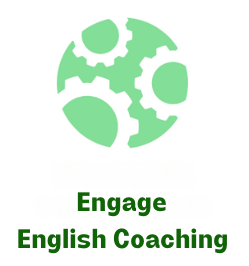Recently, during a walk with my husband at a picturesque local spot, we noticed families gathered by a serene lake, feeding birds of all shapes and sizes. The effortless communication between these creatures caught my attention. There was no struggle, no hesitation, just seamless interaction and mutual understanding.
As a Neurolanguage Coach, I work with individuals worldwide, helping them unlock their potential to communicate in languages other than their native tongue. I observe them engaging in brain-friendly activities to make language acquisition more natural and intuitive. Yet, when faced with a challenge, like finding the right word or phrase, they often retreat to the safety of their native language.
This made me question why language learning feels so daunting for many. Is it the fear of judgement or ridicule? The anxiety of making mistakes? Or could it be a more profound misunderstanding of our innate abilities and the unique ways our brains are wired to learn?
Watching those birds effortlessly bridging their differences inspired a crucial question: How can we break down the barriers to language learning? The answer lies not in a one-size-fits-all method but in recognising that our brains are uniquely equipped to learn when approached correctly. As a Neurolanguage Coach, I’ve seen firsthand how these barriers crumble when we align learning with the brain’s natural processes. When we tailor our approach to fit the individual’s cognitive patterns, learning becomes more accessible and sustainable.
Curiosity is inherent in all of us, but the methods we use to learn often need to effectively engage our brains. By embracing a brain-friendly approach, we can transform how we learn languages, making it as natural and intuitive as the birds communicating by the lake.
So, when learning a new language, let’s take cues from nature. Let’s strip away the cultural and psychological barriers, embrace the challenge, and allow our brains to thrive uniquely. Be bold, be curious, and let’s learn like birds.
#languagelearning #neurolanguage #brainfriendly

